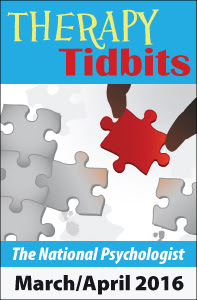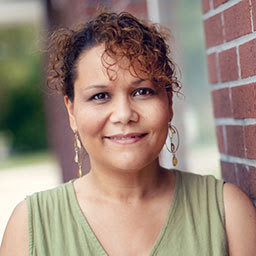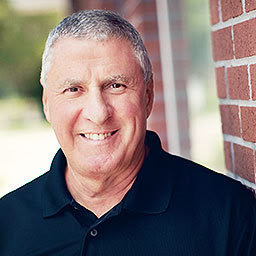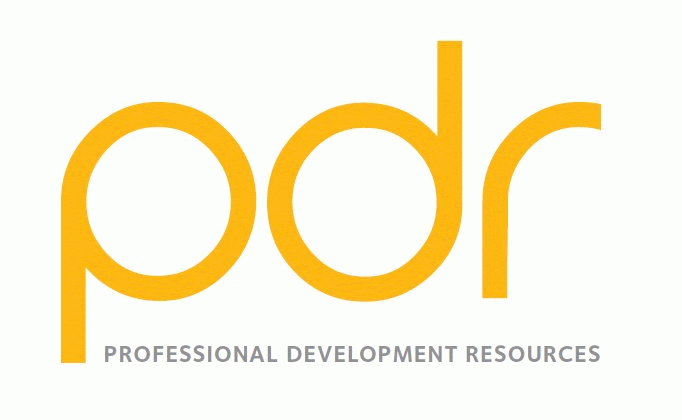Info from the Ohio Board of Speech Language Pathology & Audiology
 Ohio-licensed speech-language pathologists (SLPs) are required to earn 20 hours of continuing education (CE) every 2 years to renew. The current license renewal deadline is December 31, 2016.
Ohio-licensed speech-language pathologists (SLPs) are required to earn 20 hours of continuing education (CE) every 2 years to renew. The current license renewal deadline is December 31, 2016.
Ten continuing education hours must be specific to clinical practice in the area of licensure. Ten continuing education hours may be acquired in areas related to speech language pathology or audiology or both. The area of licensure is speech-language pathology or audiology as indicated by the license. Related areas are topics not specific to the area of licensure but would enhance the practice of the licensee.
Effective January 1, 2015, licensed speech-language pathologists and audiologists must complete 20 clock hours of continuing education with at least two clock hours related to ethics.
Summary of Ohio SLP CE Requirements:
CE Required: 20 hours every 2 years
Online CE Allowed: No limit if ASHA-approved
License Expiration: 12/31, even years
Notes: 10 hours must be in area of licensure, 10 may be related. 2 hours must be related to ethics (effective 1/1/15).
Professional Development Resources is approved by the Continuing Education Board of the American Speech-Language-Hearing Association (ASHA Provider #AAUM) and the Ohio Board of Speech-Language Pathology and Audiology and is CE Broker compliant (all courses are reported within 1 week of completion).
ASHA-Approved Online CEUs for Ohio SLPs:
 Ethics for Speech-Language Pathology and Audiology is a 2-hour online continuing education (CE/CEU) course that presents an overview of ethical issues that arise in speech-language pathology and audiology practice. Speech-language pathologists (SLPs) and audiologists encounter ethical issues across the spectrum of practice settings, from pediatric treatment to care of elders in skilled nursing facilities. This course will discuss barriers to ethical thinking, evidence-based ethics, economics, discrimination, abuse, bullying in the workplace, boundaries, confidentiality, social media, and infection control. Course #21-04 | 2015 | 30 pages | 15 posttest questions
Ethics for Speech-Language Pathology and Audiology is a 2-hour online continuing education (CE/CEU) course that presents an overview of ethical issues that arise in speech-language pathology and audiology practice. Speech-language pathologists (SLPs) and audiologists encounter ethical issues across the spectrum of practice settings, from pediatric treatment to care of elders in skilled nursing facilities. This course will discuss barriers to ethical thinking, evidence-based ethics, economics, discrimination, abuse, bullying in the workplace, boundaries, confidentiality, social media, and infection control. Course #21-04 | 2015 | 30 pages | 15 posttest questions
Improving Social Skills in Children & Adolescents is a 4-hour online continuing education (CE/CEU) course that discusses the social skills children and adolescents will need to develop to be successful in school and beyond. It will demonstrate the challenges and difficulties that arise from a deficit of these crucial skills, as well as the benefits and advantages that can come about with well-developed social skills. This course will also provide practical tools that teachers and therapists can employ to guide children to overcome their difficulties in the social realm and gain social competence. While there are hundreds of important social skills for students to learn, we can organize them into skill areas to make it easier to identify and determine appropriate interventions. This course is divided into 10 chapters, each detailing various aspects of social skills that children, teens, and adults must master to have normative, healthy relationships with the people they encounter every day. This course provides tools and suggestions that, with practice and support, can assist them in managing their social skills deficits to function in society and nurture relationships with the peers and adults in their lives. Course #40-40 | 2016 | 62 pages | 35 posttest questions
The Speech-Language Pathologist in Long-Term Care is a 2-hour online continuing education (CE/CEU) course that provides a framework for SLPs providing care in a skilled nursing facility. As the population of the United States ages, more healthcare professionals find themselves treating elders. Schools, private practice, and hospitals will always be major practice settings, but the demographics of our country point to a growing need for geriatric treatment. In 2014 there were an estimated 1.5 million people in 16,000 skilled nursing facilities. By 2030 this number may be as high as 2.6 million. There is a significant need now for treatment provided by speech-language pathologists in the skilled nursing facility setting which will only grow in the years to come. Every practice setting has unique characteristics that affect clinical practice. Skilled nursing facilities have a multitude of regulations, complicated billing practices, and a culture of care that must be learned and integrated into the SLP’s treatment habits. This can make it difficult for the SLP working part-time or PRN in a skilled nursing facility. This course is intended to give the SLP an overview of the important aspects of long-term care that affect treatment. The average resident and common treatment areas will also be discussed. Course #20-91 | 2015 | 27 pages | 14 posttest questions
Click here to view more courses available.
Like this:
Like Loading...














 Professional Development Resources
Professional Development Resources


